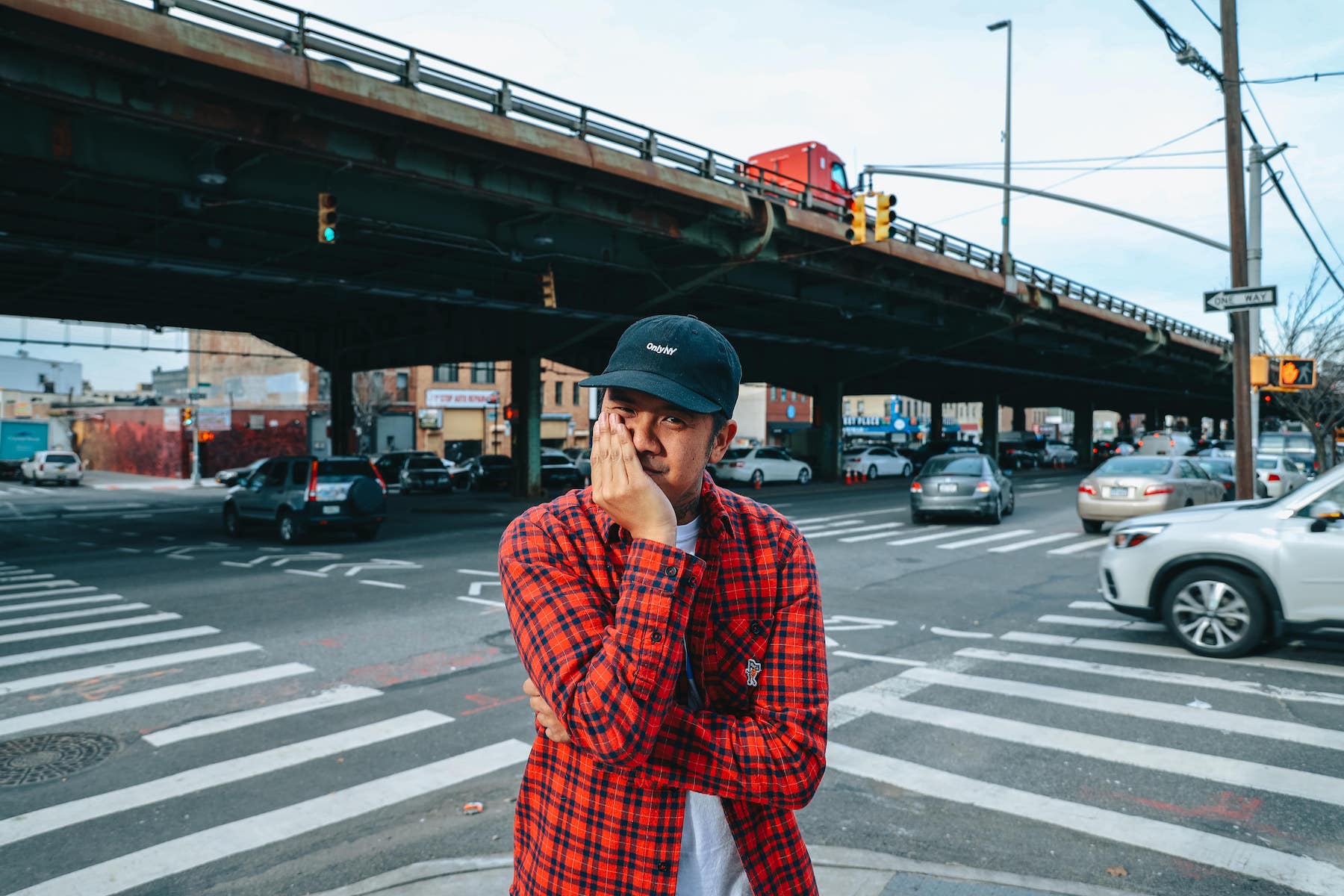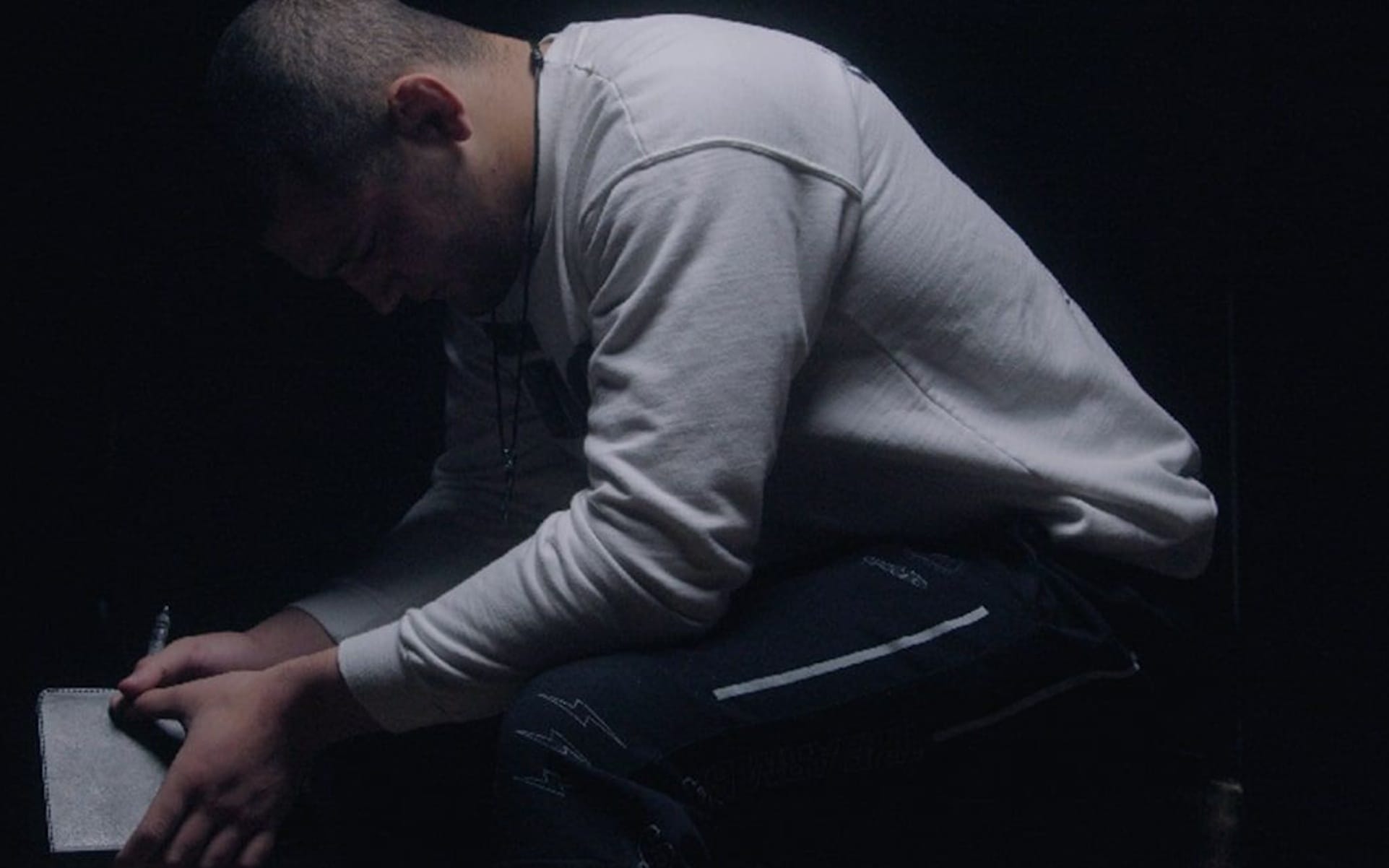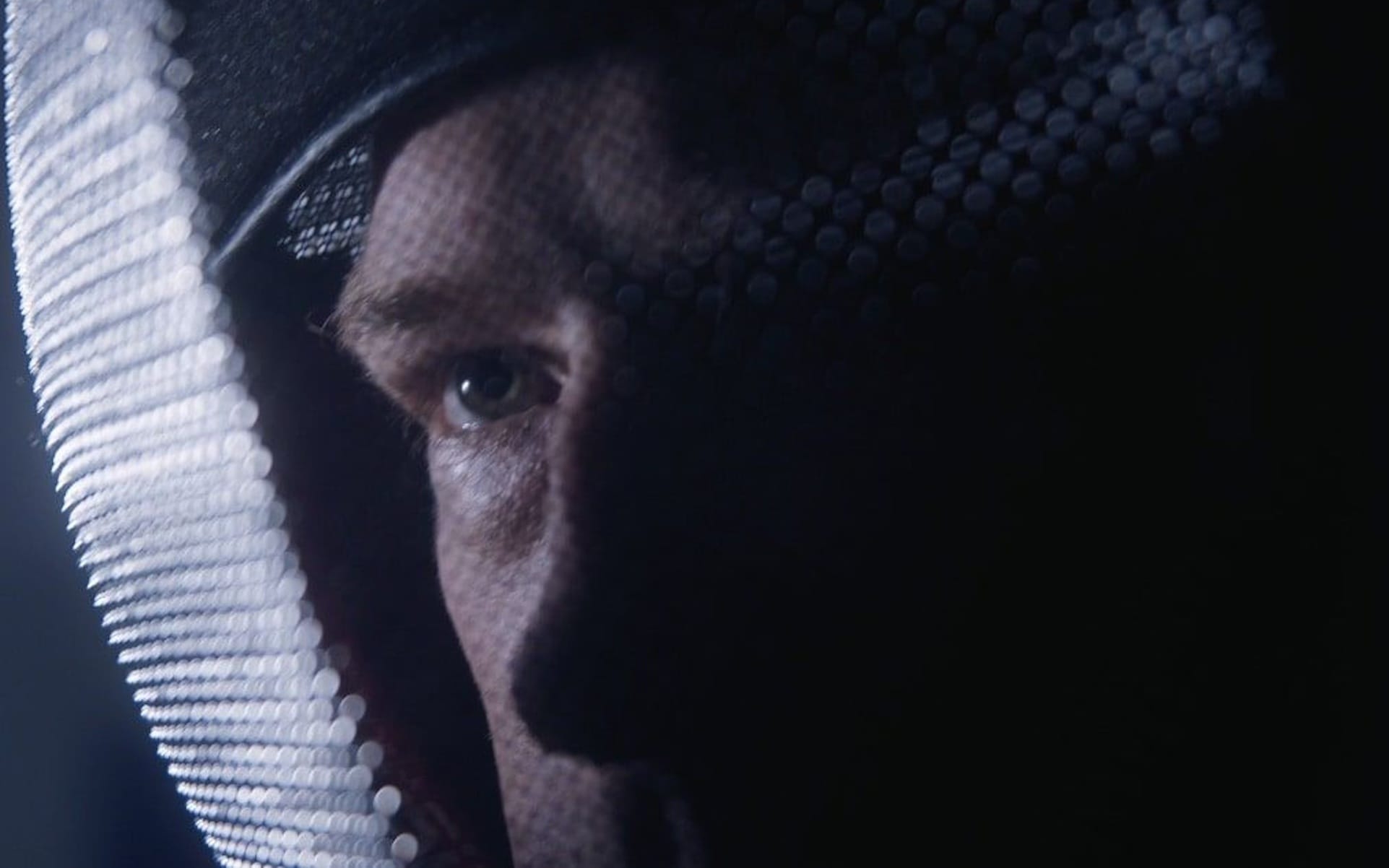9 questions and answers about documentary filming
Want to evolve as a documentary filmer or get some inspiration for your next project? We asked filmmaker Allen Alcantara 9 questions about his passion – and we got some stellar answers.

Keen on learning how to turn your everyday filming sessions into a career? Maybe you just want to evolve as a documentary filmer or get some inspiration for your next project? We asked filmmaker Allen Alcantara 9 questions about his passion – and we got some stellar (and useful!) answers.
How did you get into documentary filmmaking?
I honestly never set out to become a filmmaker. Documenting everyday life was just something I loved to do. My parents got divorced when I was 13, and during the divorce, somehow, all of our family’s home videos got lost along the way. When that happened, I told myself I wanted to start creating an archive of photos and videos for myself.
After high school, I began interning for an artist management company in the music industry. I'd bring my camera around, and in between working, I would shoot behind the scenes videos with bands at concerts. Later on, my boss asked me to tour manage a band on a six-week national tour around the United States, which was a huge game-changer for me. I brought my camera along, and whenever I wasn't managing the band’s daily life on the road, I was filming it. At the end of that first tour, I cut together a tour montage and sent it to the band. They loved it and ended up using the video as a piece of promotional content. It was an amazing feeling to be able to share my experience on the road with a bunch of strangers through my lens.
I ended up leaving artist management after several years to pursue my passion for video. I self-taught myself everything and started to build my portfolio with a bunch of small brands – a few promotional videos, sometimes I would get paid, but most of the time I would do them for free. I just wanted more experience and a better portfolio. During this time, I had kept in contact with a lot of old colleagues in the music industry. Funny enough, things started coming full circle when I began getting asked to come back and work for the bands I had worked with in the past, not in an artist manager capacity, but in a videographer capacity.
I became the tour videographer for the band Cold War Kids, and it was my job to document their lives on the road. I shot music videos for them along with tour documentaries and fell in love with telling these stories in such a raw and personal way. There is a lot of vulnerability and special moments happening when a band is on tour, and I'm so grateful I've gotten to be a part of that. Since then, I've shot short-form documentary content for a handful of other artists as well. Outside of the music world, I've shot with professional boxers and mixed martial artists, which is another passion of mine. All of that experience has sort of lead to this documentary with Rayron Gracie, which is by far the most important project I’ve worked on.

What are your top 5 tips for documentary filmmakers?
Don’t focus on the gear; focus on the story!
I know this is said a lot in the filmmaking world, but it’s true. I spent so much time stressing about budgets and gear, and looking back; it was so uncalled for. A powerful story will speak volumes over whether it was shot on the latest RED camera or not.
Be passionate about your subject and the story you are telling.
If the documentary you’re trying to create doesn’t get you excited out of your mind, it’s probably not going to be a good documentary. You have to wear a lot of hats when you shoot a documentary and put in a ton of time and work. The passion for telling the story is what’s going to drive you to give it all you got.
Have a plan and stick to that plan.
A lot of documentary filmmaking is shooting what’s happening in real-time. It’s super easy to want to keep adding and changing things as they happen in that aspect. You’ll save yourself a lot of time and money by making a concrete plan and sticking to it.
If you’re shooting a documentary about a specific person, get to know them first and do your research!
This honestly makes all the difference. There is a high level of vulnerability and rawness that comes with trying to share the story of someone’s life. Make sure your subject is as comfortable as possible throughout the entire process.
Be prepared to wear a lot of hats.
There isn’t typically some big budget (or any budget at all) when you’re shooting these smaller documentaries, so you’re going to have to utilize everything you know. I was lucky enough to have an assistant on hand for a couple of the shoot days with Rayron, but aside from that, I’ve played multiple roles in this project. Enjoy that process, learn and build from there.
Tell us more about your current project!
I just wrapped up a documentary called ‘Letters To My Father’ about Rayron Gracie. Rayron is a Brazilian jiu-jitsu World Champion and the only child of Ryan Gracie, a legendary and controversial Brazilian jiu-jitsu and Mixed Martial Arts fighter. Rayron’s father passed away suddenly one week after his 6th birthday. When that happened, Rayron began writing a series of letters to his father to communicate with him and try to find the answers to all of his questions growing up. ‘Letters To My Father’ tells the story of the now 19-year-old Rayron Gracie, his journey to uphold the family legacy, and how loss, grief, and living in the shadow of his famous father shaped the man he is today.

What was the most challenging part about creating it?
The most challenging part for me was figuring out which parts of his story to include in this film. Rayron is just 19 years old but has lived more in those 19 years than many people I know, given his circumstances. It's easy to want to include every detail, as each of the stories he’s shared with me is significant and can even be movies on their own, but for this story, we are focusing on these amazing letters he wrote.
How did you find inspiration for this project?
I train in the art of Brazilian Jiu-Jitsu myself, so there was a lot of inspiration for me when I took this on. Shooting high-level athletes is always super inspiring because they put their minds and bodies through things that no normal person would. It’s been so inspiring getting to know Rayron and watch him navigate his daily life of training to be the absolute best that he can be.
What tools and programs did you use to create it?
The entire project was shot on various RED and Blackmagic Cinema Cameras and edited with Davinci Resolve. Also, Epidemic Sound’s music and sound FX library has been a game-changer for this!
What did your process look like?
Rayron reached out to me several months ago about this project. We immediately hopped on several phone calls so that he could talk me through his story. Once I had all of the key points down, I did a ton of research myself and created a story about Rayron’s life. We sat together several times once the story was written, adding things and taking things out. It wasn’t until a few weeks into it that Rayron shared these amazing letters with me, and I knew that was the best angle to tell it.
Once the final story was good to go, I created a shot list, scheduled the shoot days, and we went from there. It’s interesting with documentary filmmaking because you can get super creative when deciding how to tell the story. You can use videos, old interviews, archived photos, illustrations... At the beginning of this project, Rayron gave me two filled hard drives, packed with tons of archived home videos and photos. After sorting through all of it and figuring out which things would help me get the story across, I had a good idea of what I needed to film to pull it all together.
What was your biggest learning coming out of the project?
Make sure you have a solid story written down before filming anything. I can’t stress this enough. There are so many angles to tell a story, and having something concrete before you begin any production is so important. Don’t start filming with an idea and the hope that the story will come in by itself.
What’s your next plan now that it’s finished?
Another documentary is currently in the works! I want to continue to tell amazing stories.
Allen Alcantara is a filmmaker born and raised in Southern California and is currently living and working in Brooklyn, NY. Check out his work here.
Want to use top-tier music in your next documentary or film? Check out Epidemic Sound's catalog below.

Are you a video editor or filmmaker? Whether you’re an absolute master or just a beginner, discover what Epidemic Sound has to offer on our Epidemic Sound for Filmmaking page. Oh, and if you’re looking for some background music for your videos, we got you covered.
Related blog posts:

